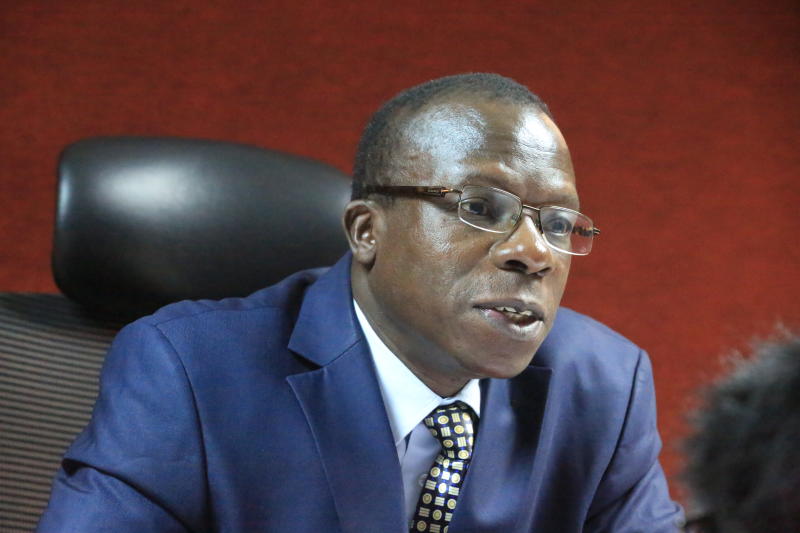×
The Standard e-Paper
Stay Informed, Even Offline

Denied details of adverse reports against them, the six judicial officers rejected by President Uhuru Kenyatta on Thursday evening, are at a loss on how to proceed.
For the serving judges - Justice Aggrey Muchelule, Justice Weldon Korir, Justice George Odunga, and Justice Joel Ngugi - no formal petitions had been filed against them by yesterday.